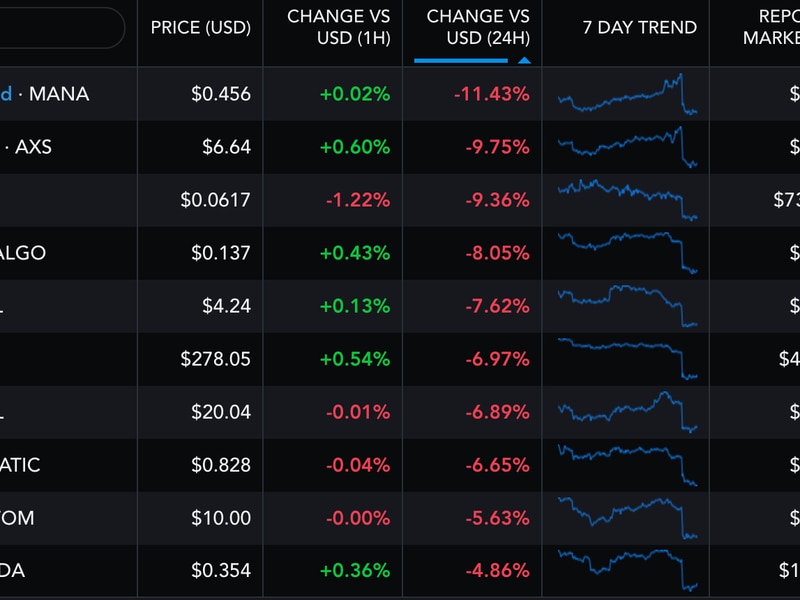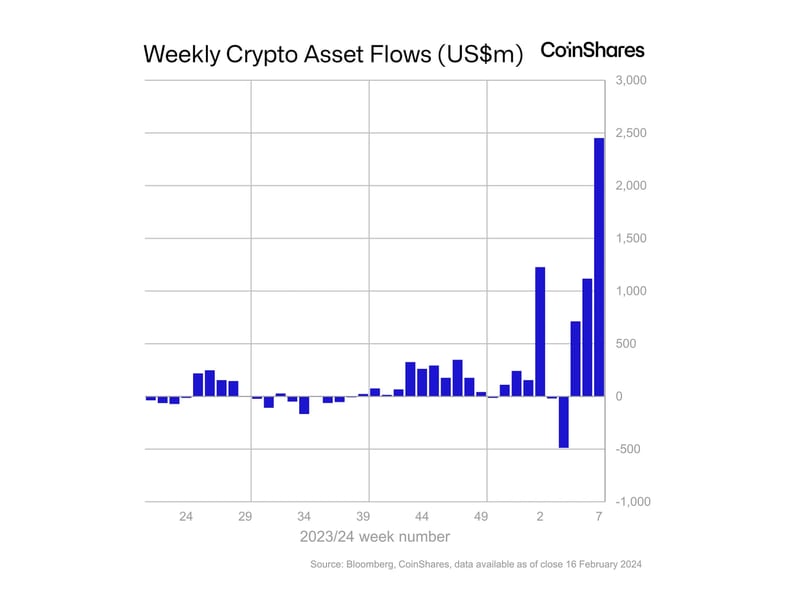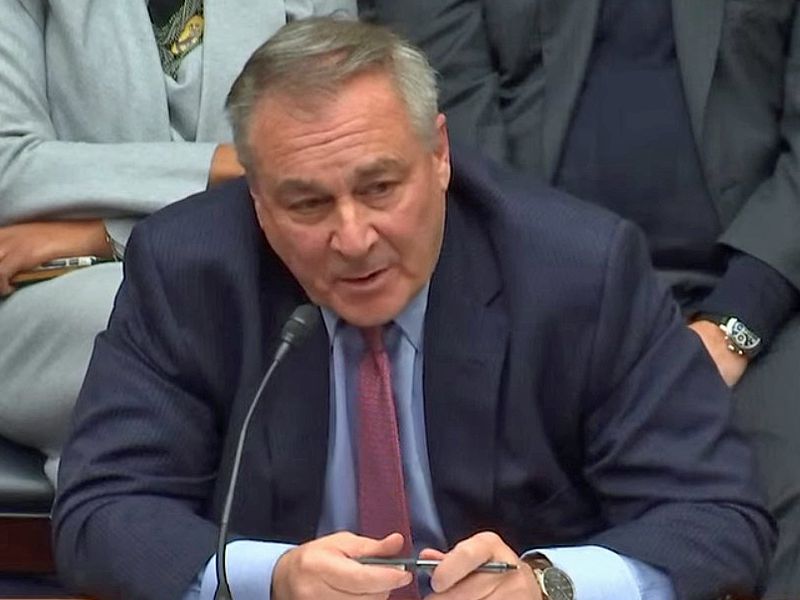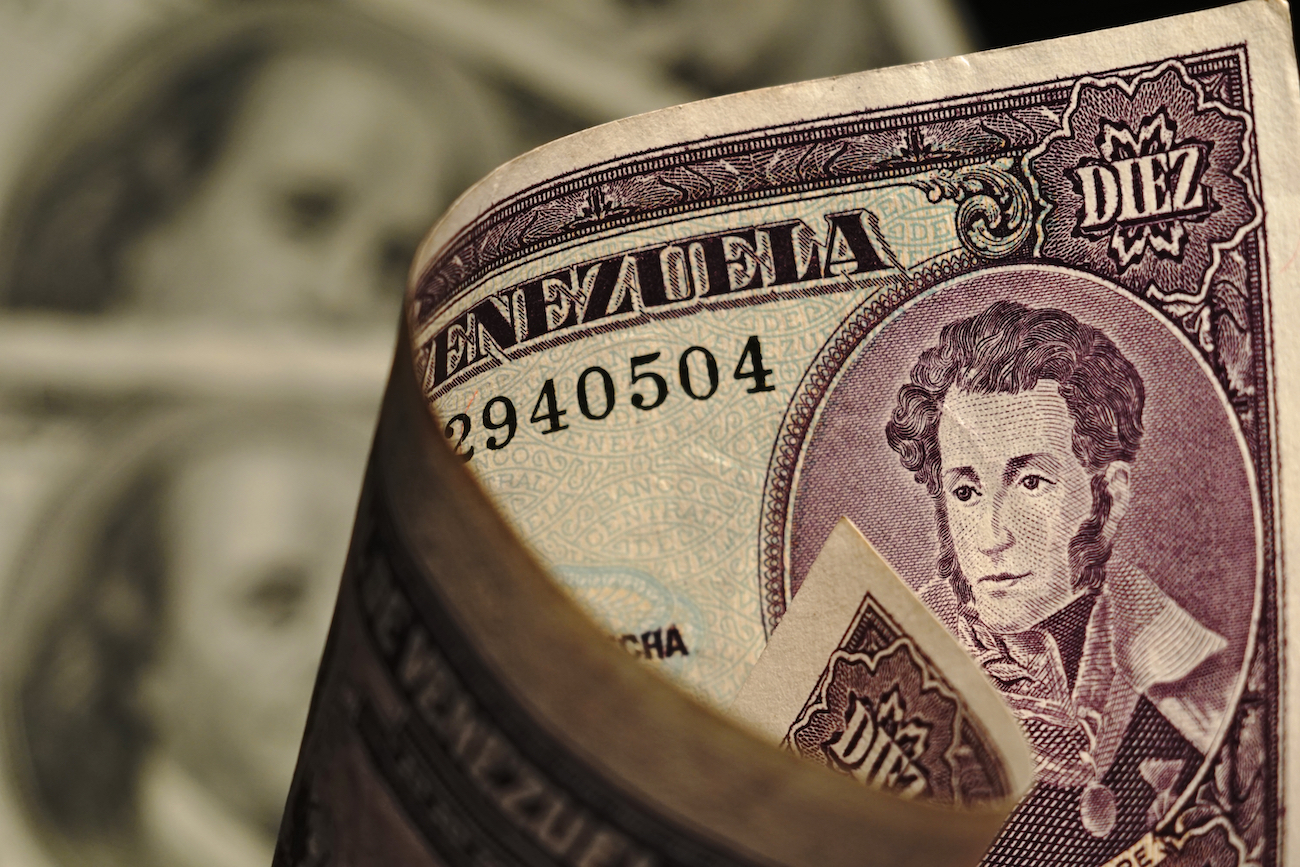Bitcoin Maintains Gains as Global Equities Slide, US Yield Hits Record Lows
Bitcoin is staying firmly in the green amid a strong sell-off in traditional markets.
The situation contrasts with last week when the top cryptocurrency by market cap had dropped sharply in tandem with equities and bond yields.
Bitcoin found bids near $8,800 during Thursday’s Asian trading hours and rose above $9,150 later in the day. Since then, prices have largely stayed well above the $9,000 mark.
At press time, bitcoin is changing hands at $9,100, representing a 2 percent gain on a 24-hour basis, having defended a brief dip to the psychological support of $9,000 at 01:00 UTC on Friday, according to CoinDesk’s Bitcoin Price Index.
While bitcoin is looking bullish, the traditional markets are witnessing risk-averse trading, with a slide in equities and a rise in demand for gold and government bonds causing a drop in yields.
At press time, major European indices like Germany’s DAX, France’s CAC 40 and the U.K.’s FTSE 100 are down 1.5–2.2 percent. Asian stocks took a beating earlier today, too, while futures on Wall Street benchmark index, the S&P 500, are currently down 1 percent.
Furthermore, the U.S. 10-year Treasury yield is currently trading at record lows below 0.8 percent, representing a 13 basis point drop on the day.
Gold, the classic safe haven asset, is currently at an 11-day high of $1,681 per ounce.
So it’s clear investors are selling risk and buying safe havens, likely because the coronavirus outbreak is starting to threaten a global pandemic and could cause far greater damage to the global economy than previously expected.
Bitcoin a safe haven or risk asset?
Bitcoin’s (much-debated) safe haven narrative could strengthen again, given the cryptocurrency is flashing green amid the risk aversion in equities and the rising odds of an additional Federal Reserve rate cut. The interest rate market thinks the Fed will again cut rates by 50 basis points at its March 18 policy meeting, having delivered an emergency cut earlier this week.
The crypto market community stands divided on whether bitcoin is a pro-risk or an anti-risk asset.
Prominent observers like Anthony Pompliano of Morgan Creek Digital are of the opinion that bitcoin is a hedge against monetary easing, while billionaire investor Michael Novogratz believes the cryptocurrency is an anti-risk or safe-haven asset.
These arguments, however, could be challenged on the fact that bitcoin failed to score gains during last week’s stock market sell-off. The S&P 500 fell by 4 percent last week and bitcoin tanked by 13 percent in parallel.
And while the coronavirus scare dominated market sentiment throughout February, the cryptocurrency suffered an 8.5 percent slide.
“If we look at the behavior of the bitcoin price over the last couple of weeks, as concerns over a global pandemic have ramped up, it is clear that bitcoin continues to behave more like a high-risk investment than like the safe haven which it promises to be,” CoinDesk columnist and co-founder of the Open Money Initiative Jill Carlson noted earlier this week.
That said, bitcoin has not had a strong positive correlation with equities, either. For instance, the cryptocurrency fell from $13,000 to $6,500 during the second half of 2019, even though the S&P 500 rallied by nearly 10 percent.
All in all, bitcoin appears not to be strongly correlated with other asset classes. It could yet become a safe haven, although that would require a deep investment in education, according to Carlson.
From a technical analysis perspective, the cryptocurrency looks set to extend the ongoing rise toward higher resistance levels.
4-hour chart

Bitcoin bounced up from $9,000 early Friday (marked by arrow), reinforcing the case for a rally to $9,550 put forward by an inverse head-and-shoulders breakout confirmed on Thursday.
The breakout is also backed by an above-50 or bullish reading on the relative strength index.
Daily chart

Bitcoin is looking north with the MACD histogram producing higher lows in favor of the bulls. Further, the 5-day average has crossed above the 10-day average, signaling a bullish shift in sentiment.
Resistance at $9,312 (Feb. 4 low) could be put to test over the weekend. A violation there would expose the inverse head-and-shoulders breakout target of $9,550.
Alternatively, if prices find acceptance under the former hurdle-turned-support of the inverse head-and-shoulders neckline $9,000, some buyers may exit the market, yielding a pullback to the 200-day average at $8,704.
A close under $8,410 (Sunday’s low) is needed to invalidate the bullish reversal doji pattern confirmed on March 2. That would signal a continuation of the drop from February highs near $10,500.
Disclosure: The author holds no cryptocurrency at the time of writing.
Disclosure Read More
The leader in blockchain news, CoinDesk is a media outlet that strives for the highest journalistic standards and abides by a strict set of editorial policies. CoinDesk is an independent operating subsidiary of Digital Currency Group, which invests in cryptocurrencies and blockchain startups.









